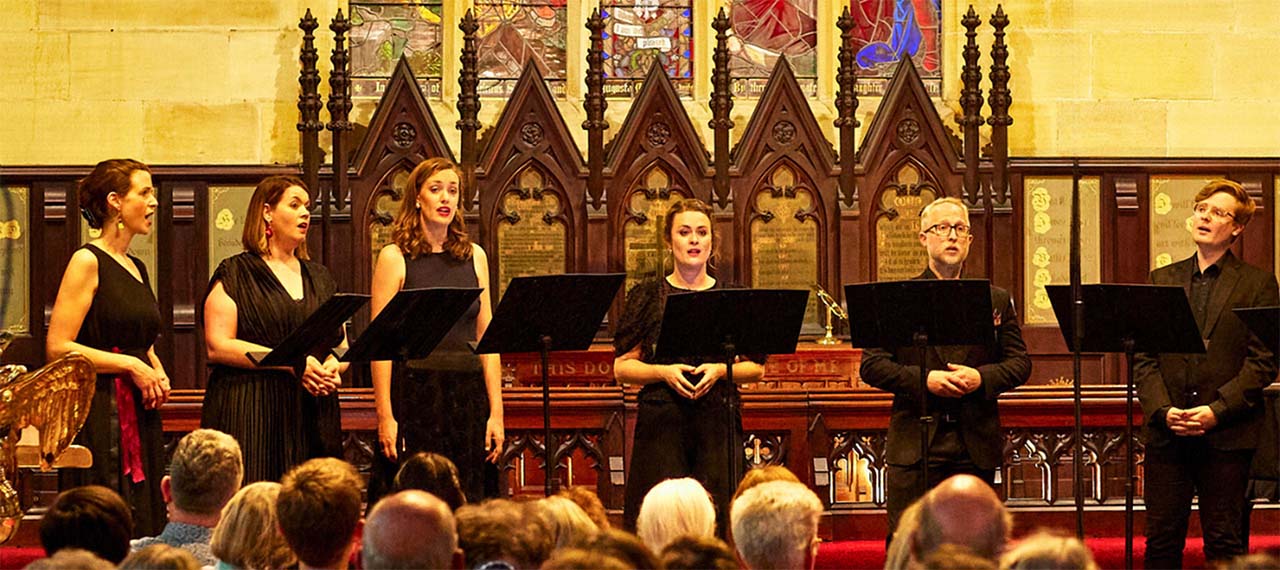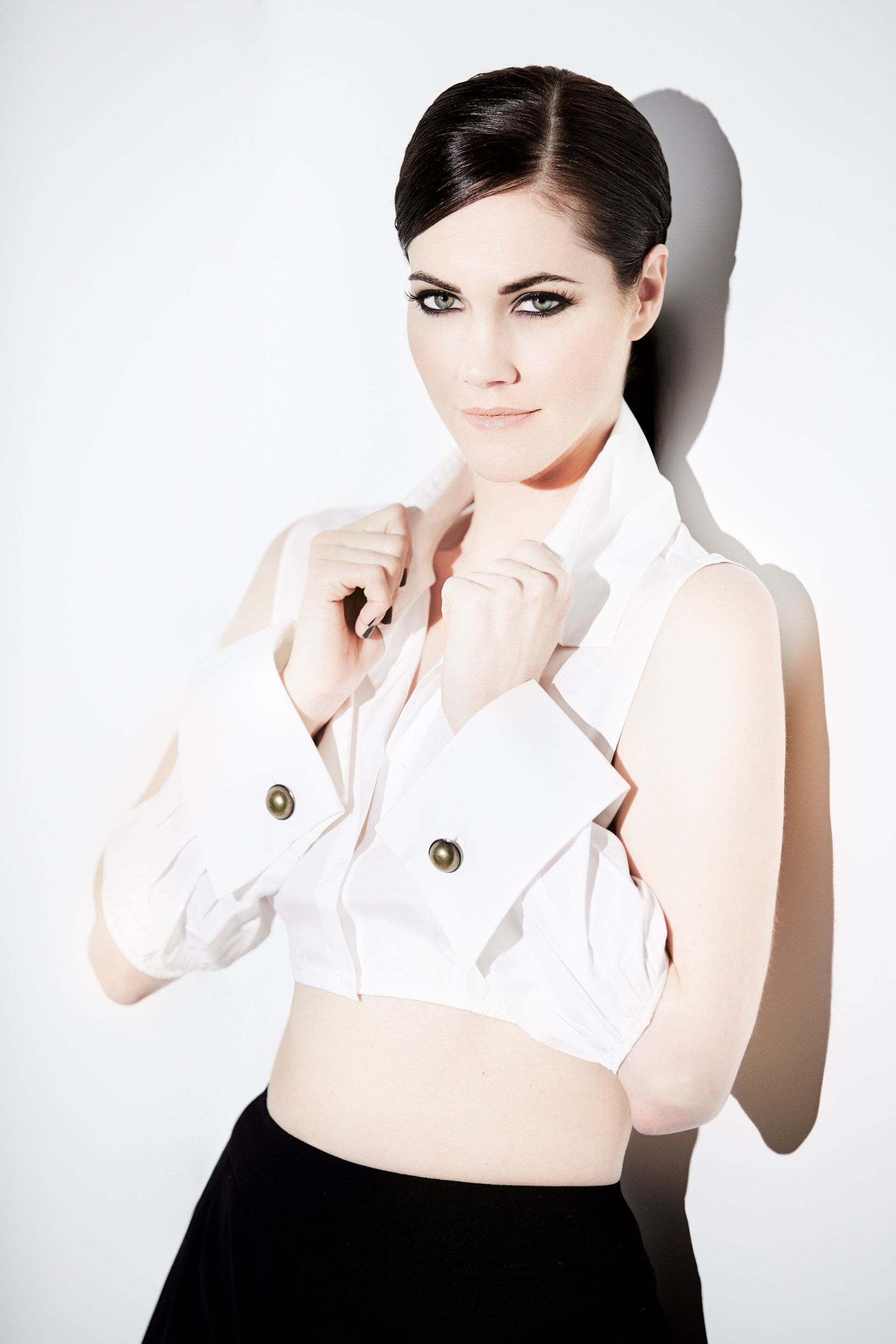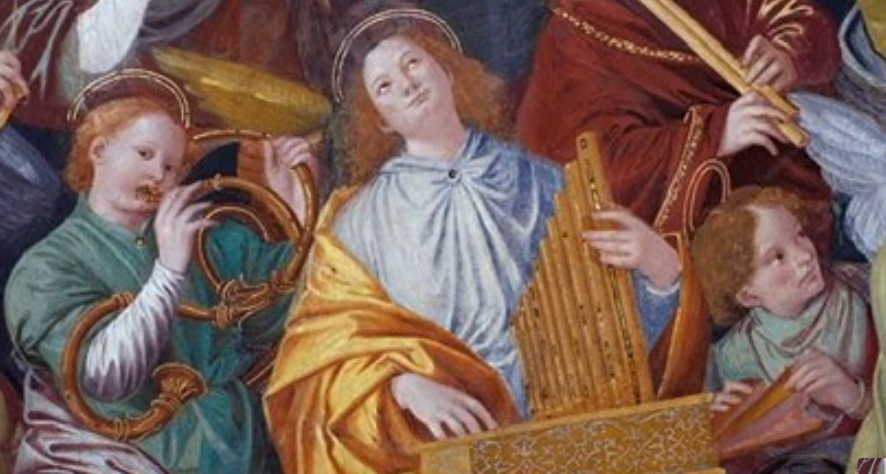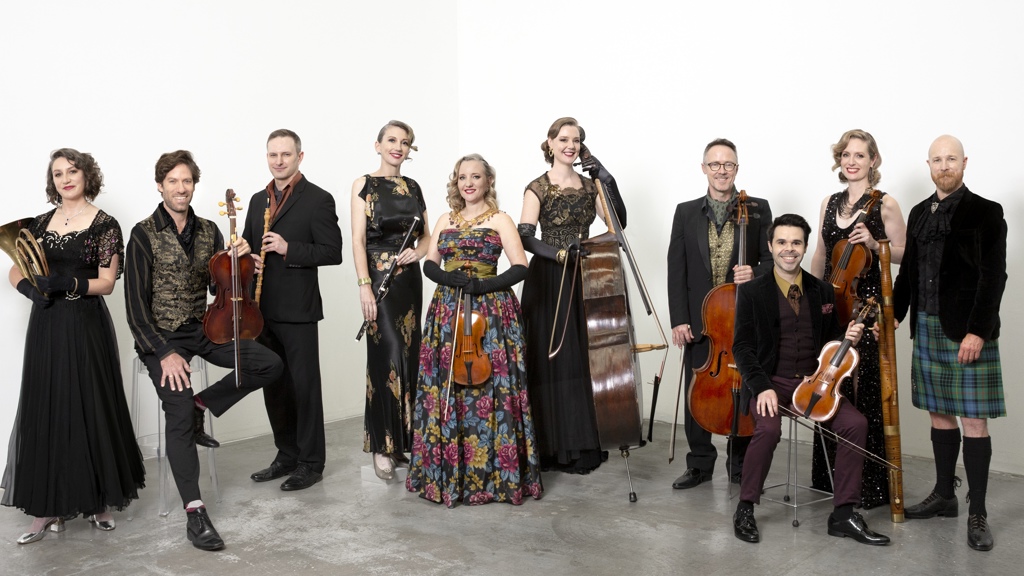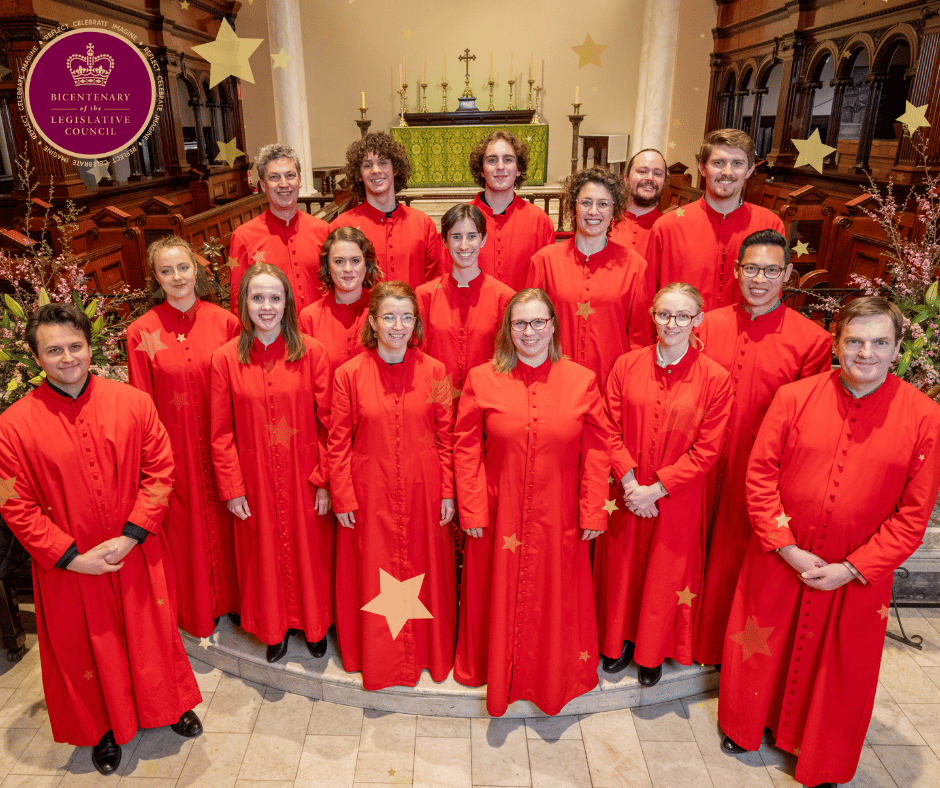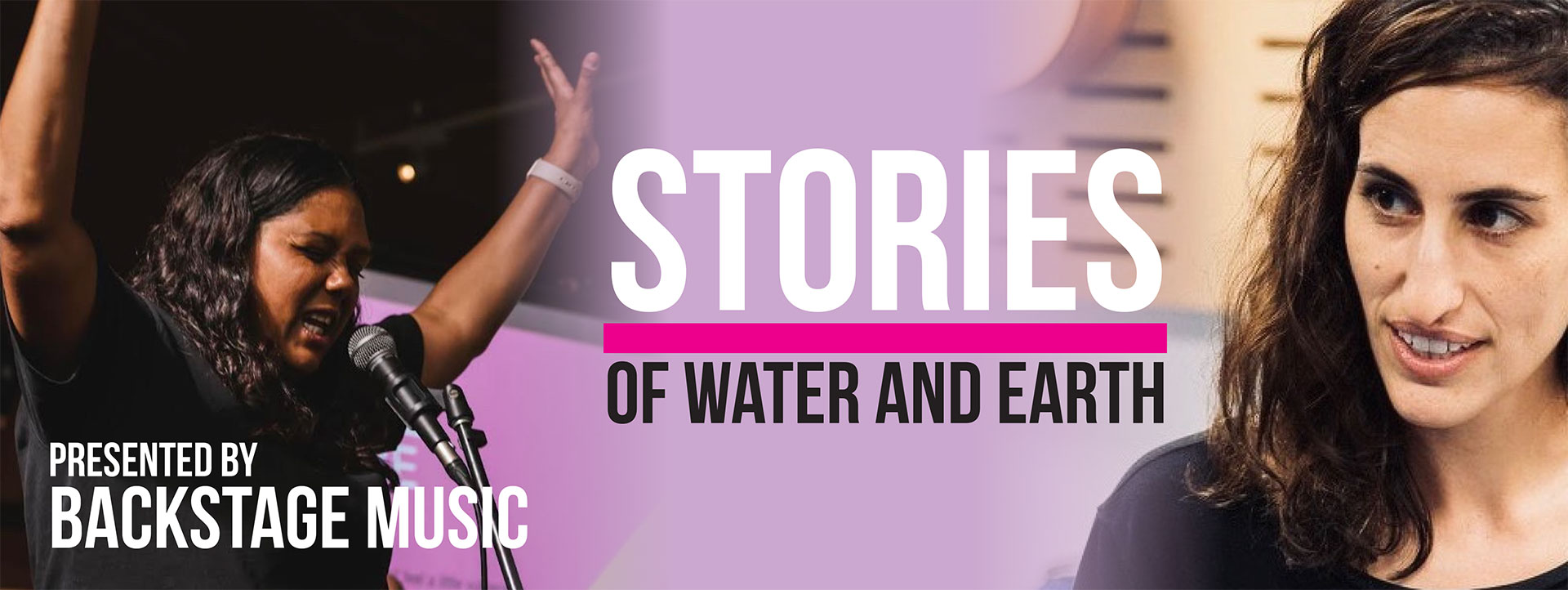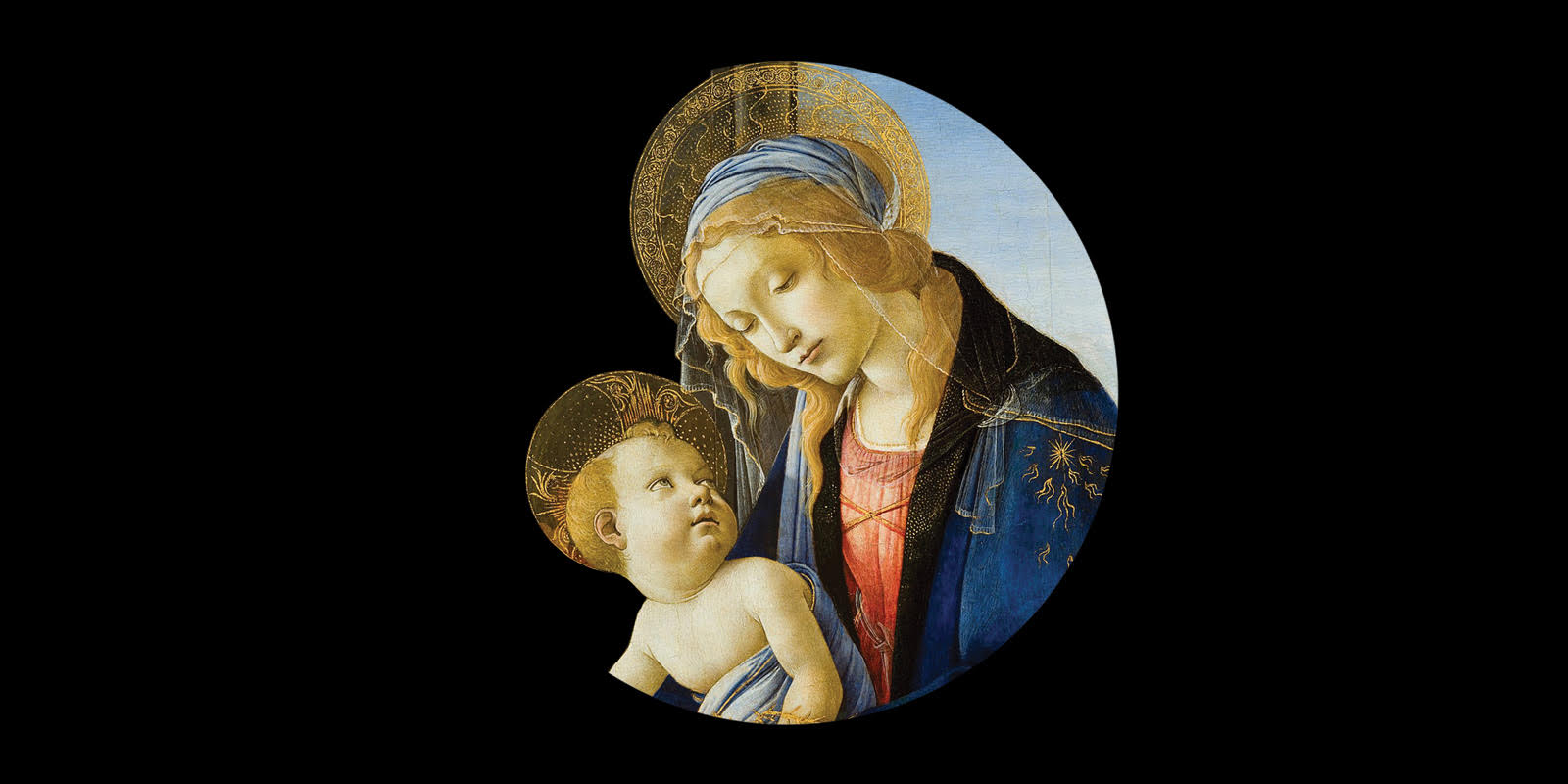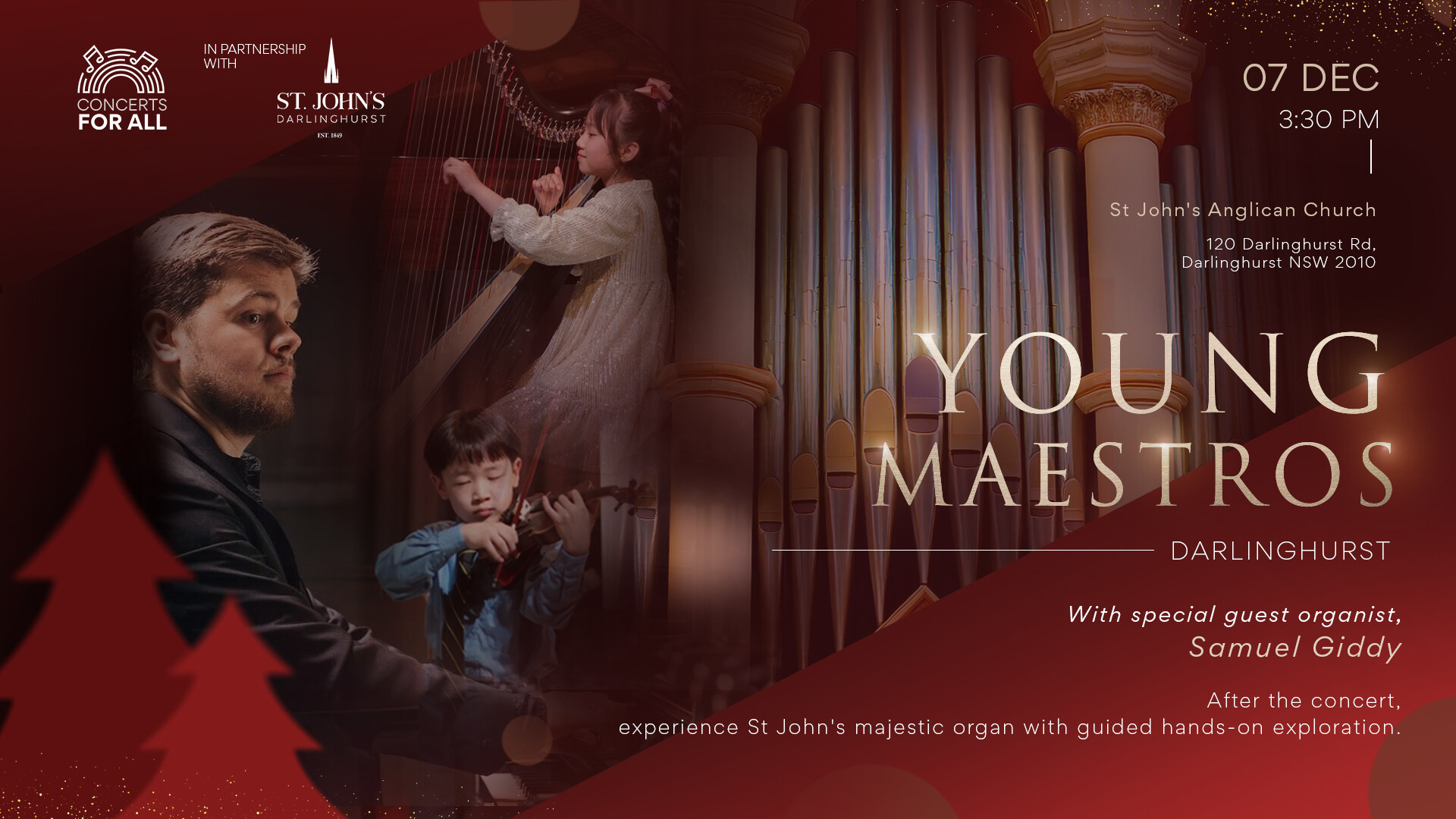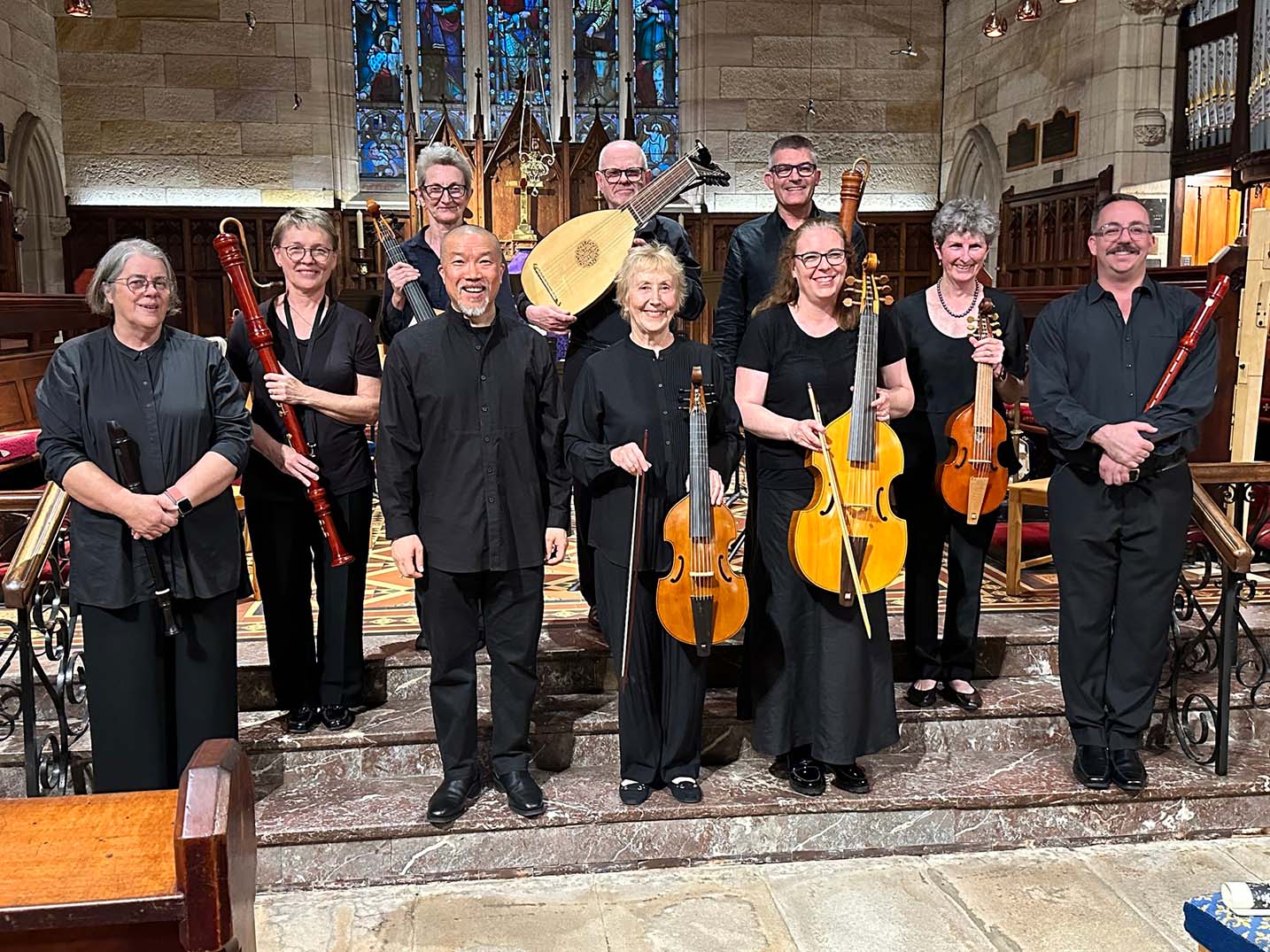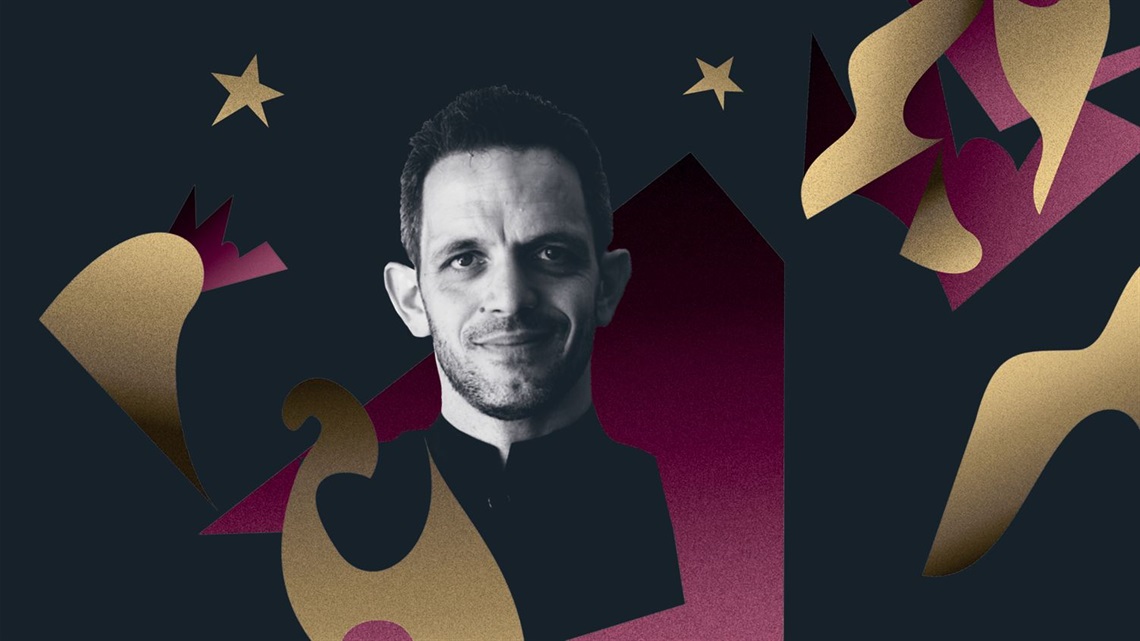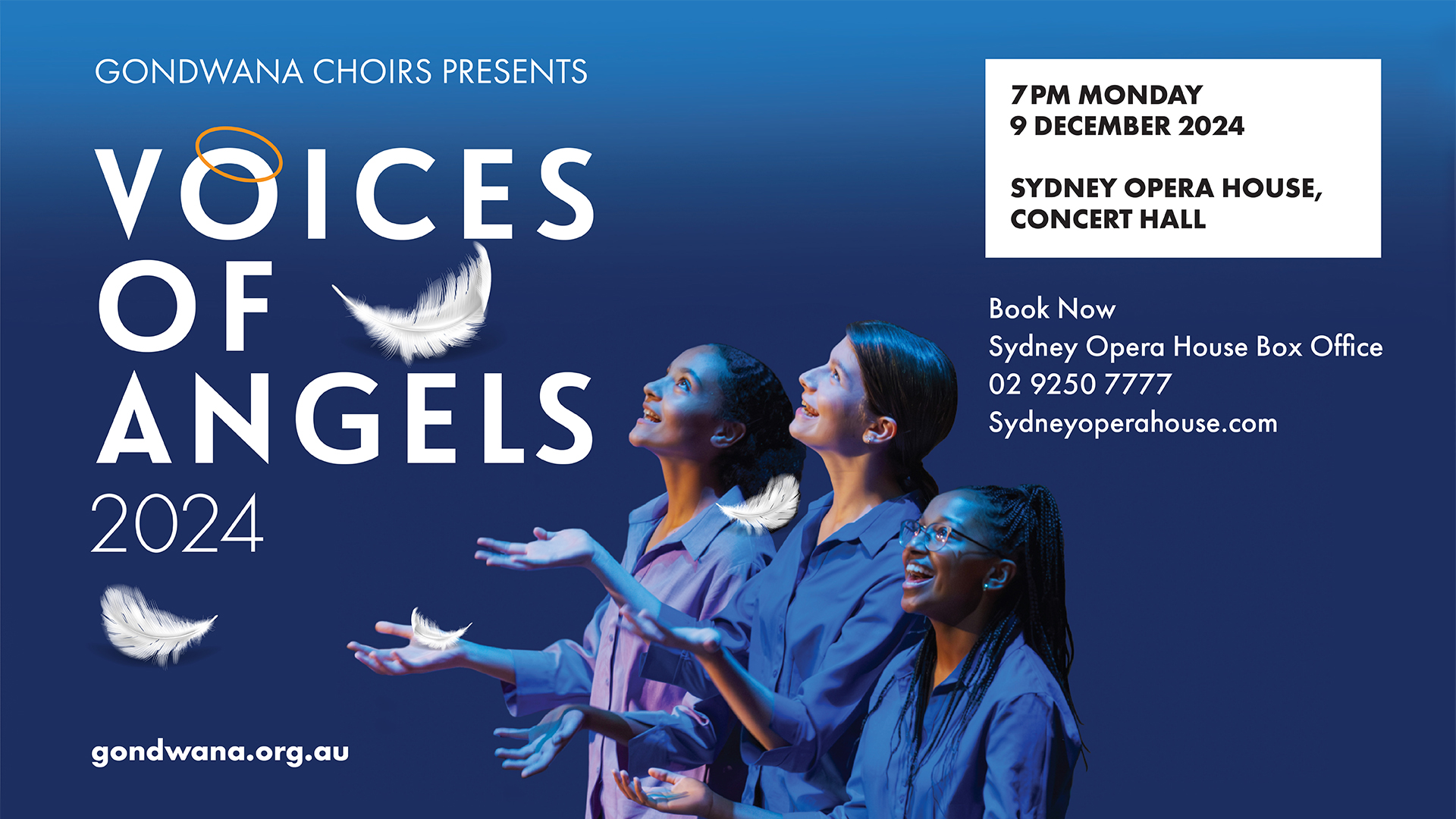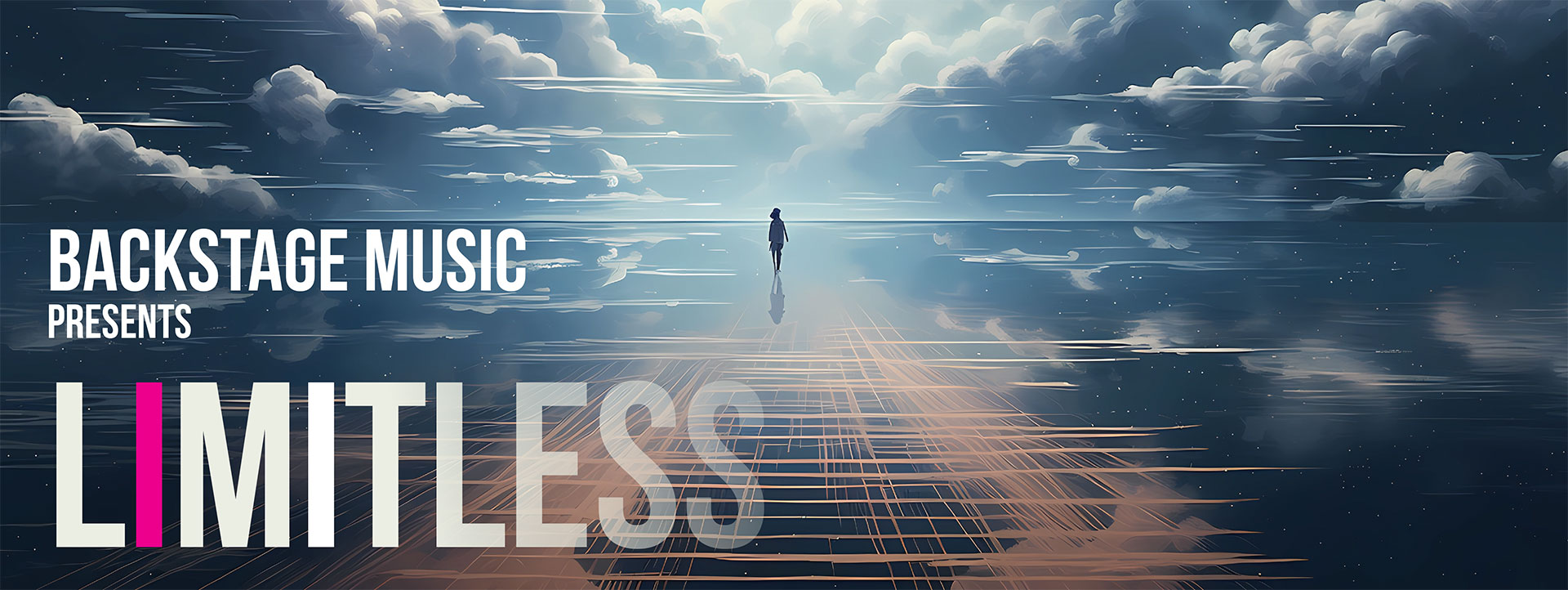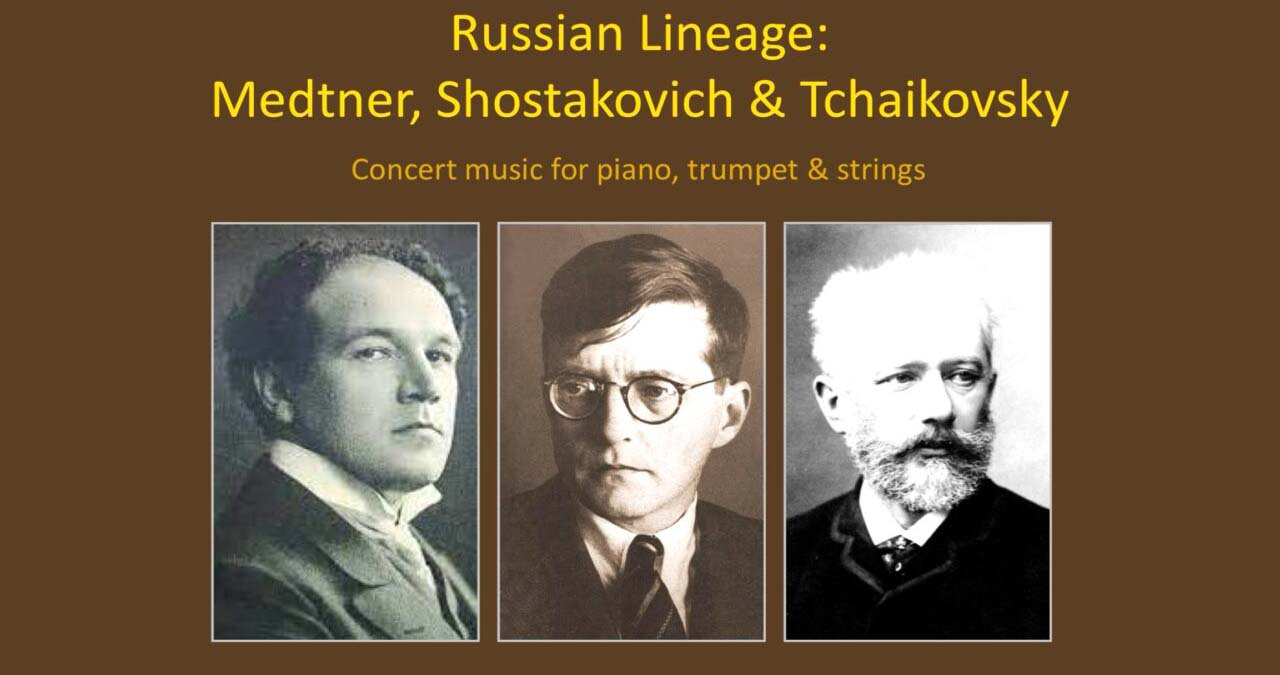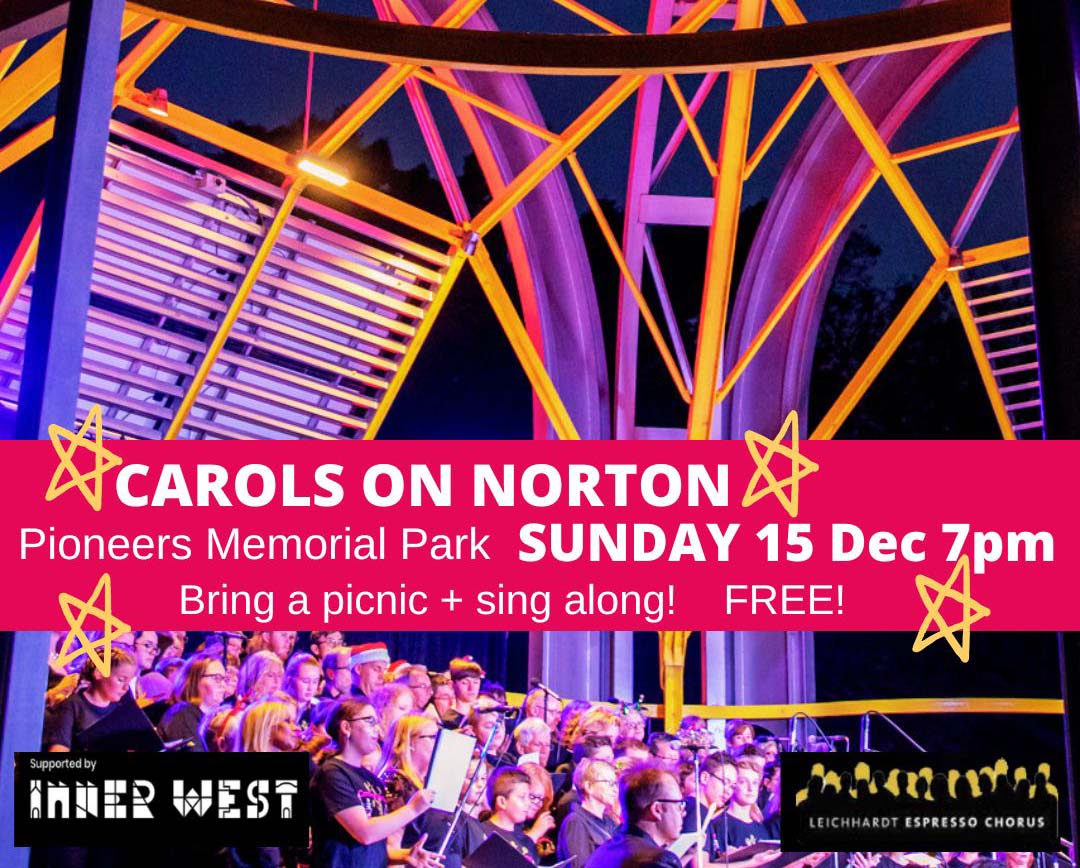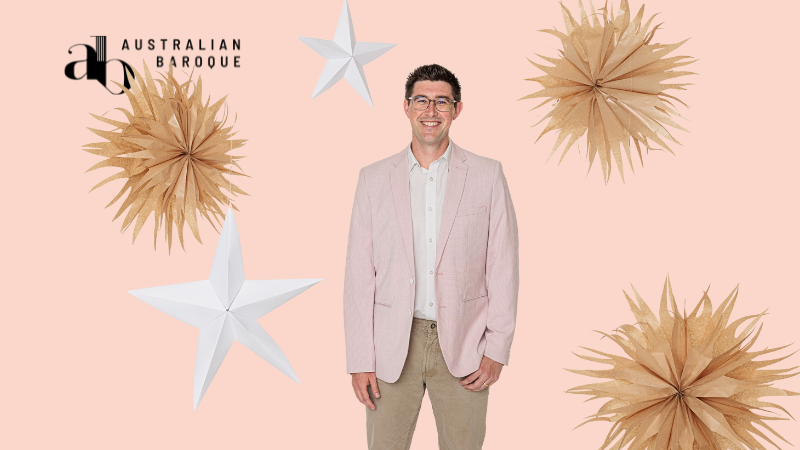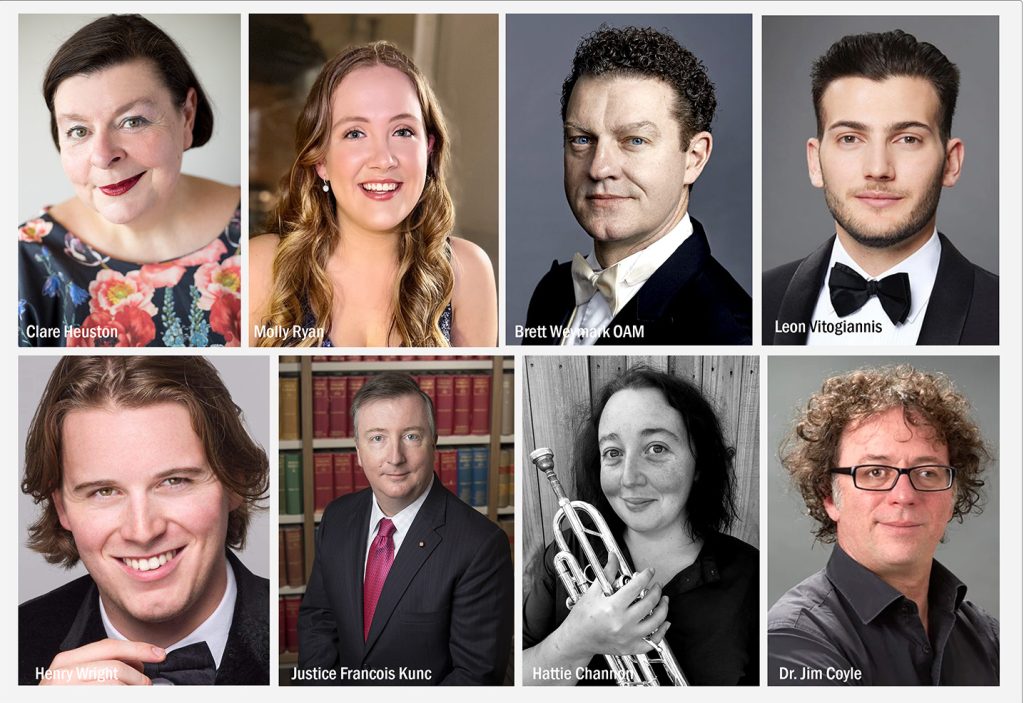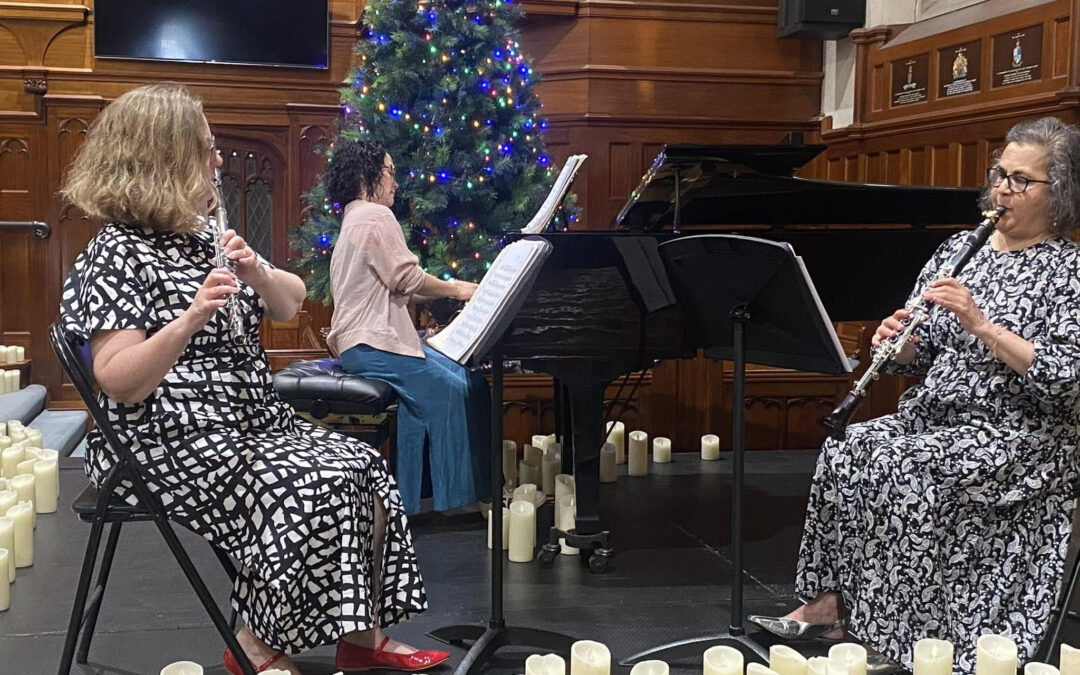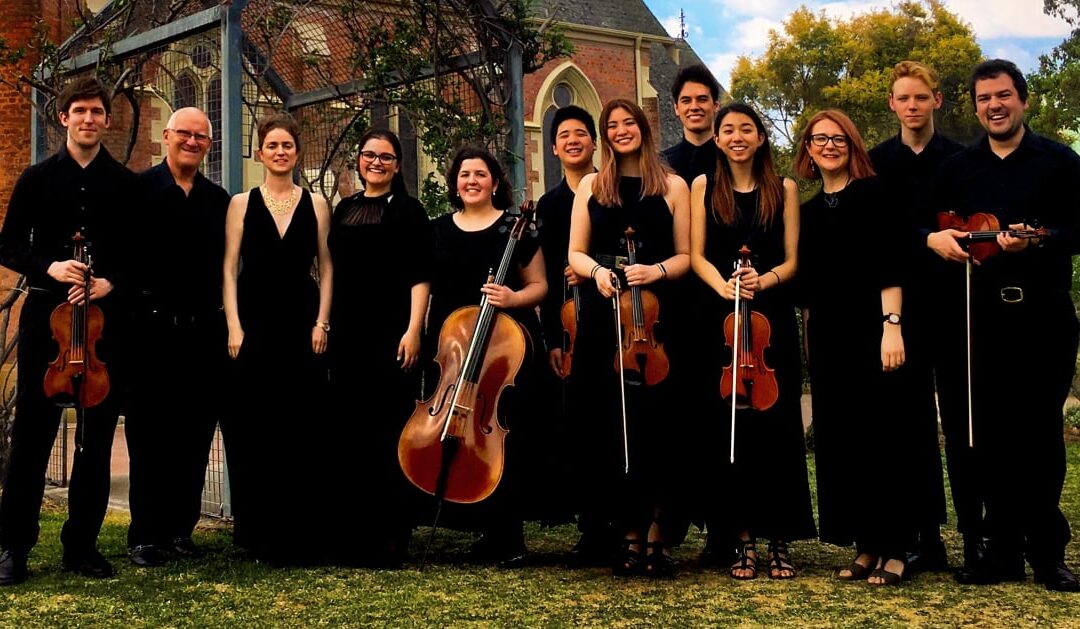If there were two words that united this marvellous evening it’s the words, ‘colour’ and ‘atmosphere’. In the first half we had one of the seminal quartets of the last century by Maurice Ravel of Bolero fame. Apparently he applied for the post of Professor of Piano at the Sydney Conservatorium of Music but was turned down! This was followed by a really characterful piece by Australian Ian Munro which the Flinders commissioned from him in 2006. After the interval there was Shostakovich’s monumental Piano Quintet, featuring Dmitry Onishchenko who won the Flinders Quartet prize at last year’s Sydney International Piano Competition.
The Ravel sounds very French and is full of colour. In this performance there was lots of colour and whether it was the Utzon room there were certainly lots of primary colours that the performance evoked; lots of big bold brush strokes and the Flinders were very successful in painting these. There was certainly atmosphere in their performance but there could have been rather more of an ethereal feel to some of the quieter passages which may have benefited from a slightly slower pace. Lots of Ravel’s music is haunting and there are passages in the piece that need this haunting quality.
Ian Munro’s was a much lighter piece. It paints a great picture of another French composer, Erik Satie in various moods and doing various things – for example, buying a handkerchief, going to the races. Satie’s music can be quick witted and clever. The Flinders captured this in abundance. Some of the movements were very short but often ‘less is more’ and Ian Munro’s piece was masterly in conveying atmosphere such as the sun rising over Montmartre. It would be great to have this piece on iTunes and being able to play it if you were in Paris. [ You can listen to it on Ian Munro’s site ]
So much for the light touch of Munro. What followed was more colour and loads of atmosphere in the Shostakovich. I felt this was a great performance and one that benefited from having a Russian playing the piano. The Quintet written in 1940 and eerily foreshadows the angst and terrible privations Russia would go through in the Second World War. In the perceptive programme note apparently the piece was discussed in trams, people tried to sing the defiant theme of the finale – surely this is what inspirational classical music should be about. Some of the music pays homage to another great composer of ‘the spirit’, Bach, and the Flinders really captured this. However for me the best part of the piece and the best part of the whole concert was in the Intermezzo which had some great duo playing by Helen Ayres on violin and Helen Ireland on viola. Sublime.

